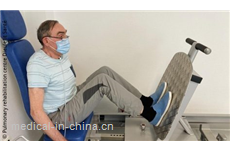
Coronavirus patients recover faster if they undergo rehabilitation as soon as possible
Researchers in the COVID-19 'hot spot' in the Tyrolean region of Austria recruited consecutive coronavirus patients to their study, who were hospitalised at the University Clinic of Internal Medicine in Innsbruck, the St Vinzenz Hospital in Zams or the cardio-pulmonary rehabilitation centre in Münster, Austria. They reported on the first 86 patients enrolled between 29 April and 9 June, although now they have over 150 patients participating.
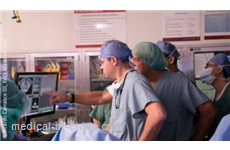
Innovative, minimally invasive treatment for prostate cancer
For some prostate cancer patients, radical treatment (surgery or radiation) are treatment standards. However, these procedures may cause side effects including urinary incontinence or impotency.
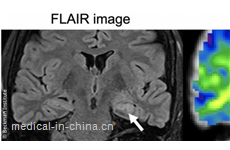
Detecting epilepsy with magnetic resonance elastography
A new study uses magnetic resonance elastography to compare the stiffness of the hippocampus in patients who have epilepsy with healthy individuals. The technique can improve the detection and characterization of the disease.
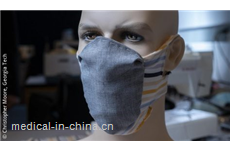
Face masks: redesign to improve comfort and protection
Imagine a reusable face mask that protects wearers and those around them from SARS-CoV-2, is comfortable enough to wear all day, and stays in place without frequent adjustment. Based on decades of experience with filtration and textile materials, Georgia Institute of Technology researchers have designed a new mask intended to do just that – and are providing the plans so individuals and manufacturers can make it
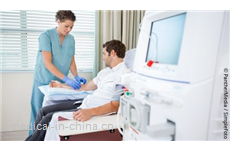
Minimally invasive ellipsys system to begin dialysis sooner
The Ellipsys Vascular Access System reduces the time before patients with kidney failure can start lifesaving dialysis treatments, while requiring fewer secondary procedures, according to a new study led by interventional radiologist Jeffrey Hull, M.D., of Richmond Vascular Center. This could have a significant impact on patient safety and healthcare costs by reducing the need for other forms of dialysis access that are associated with higher rates of complications.